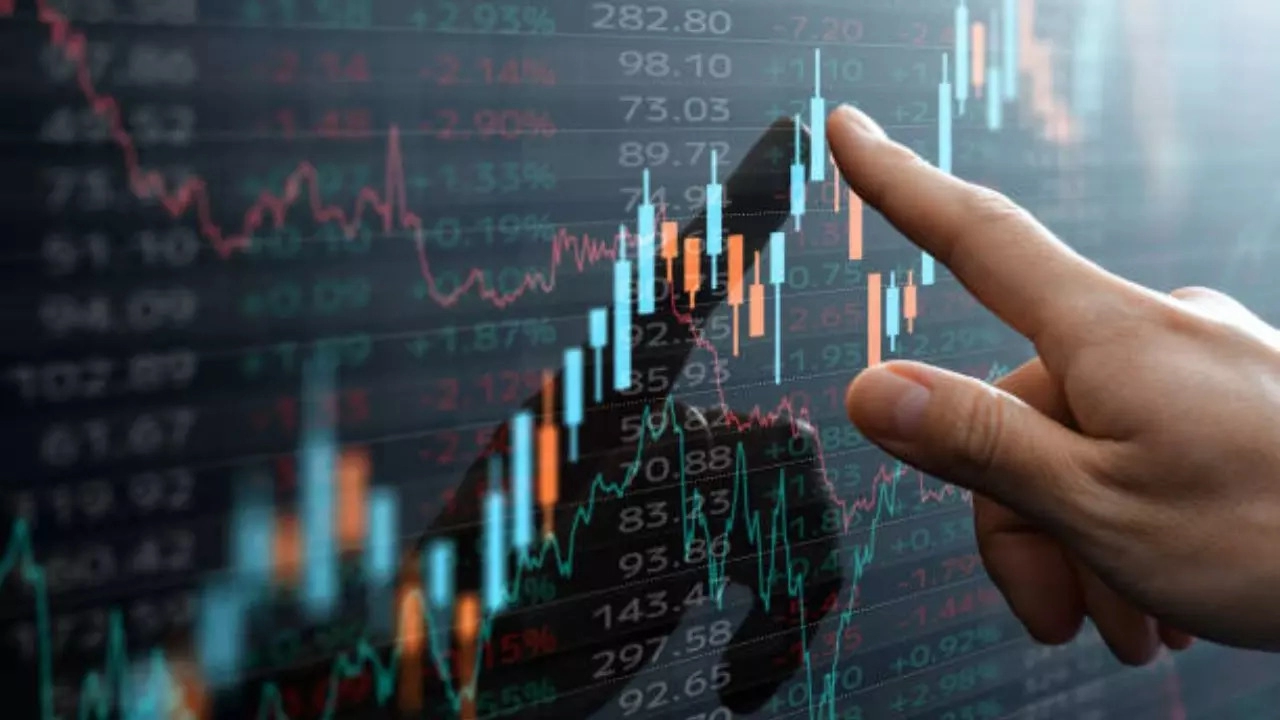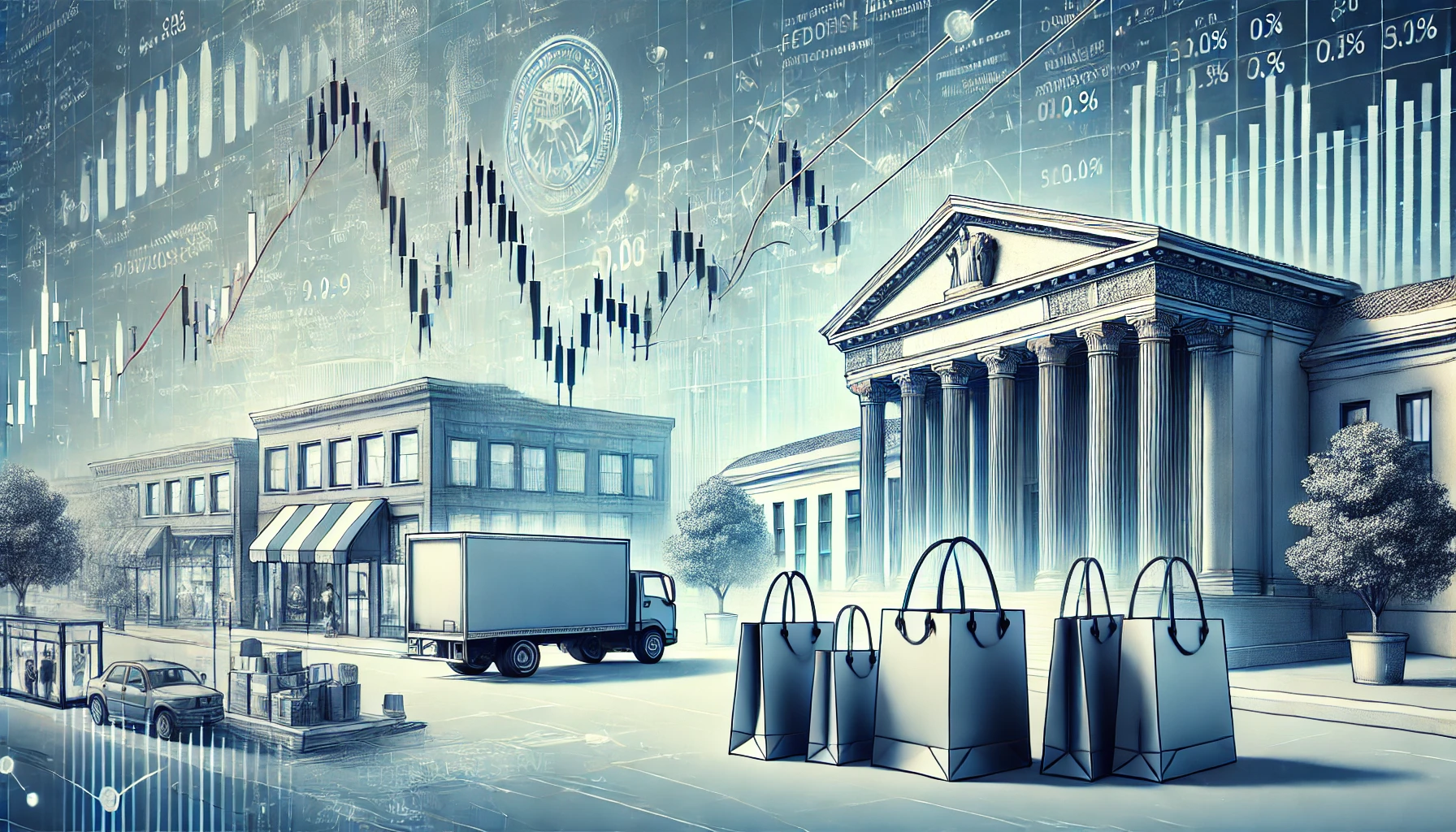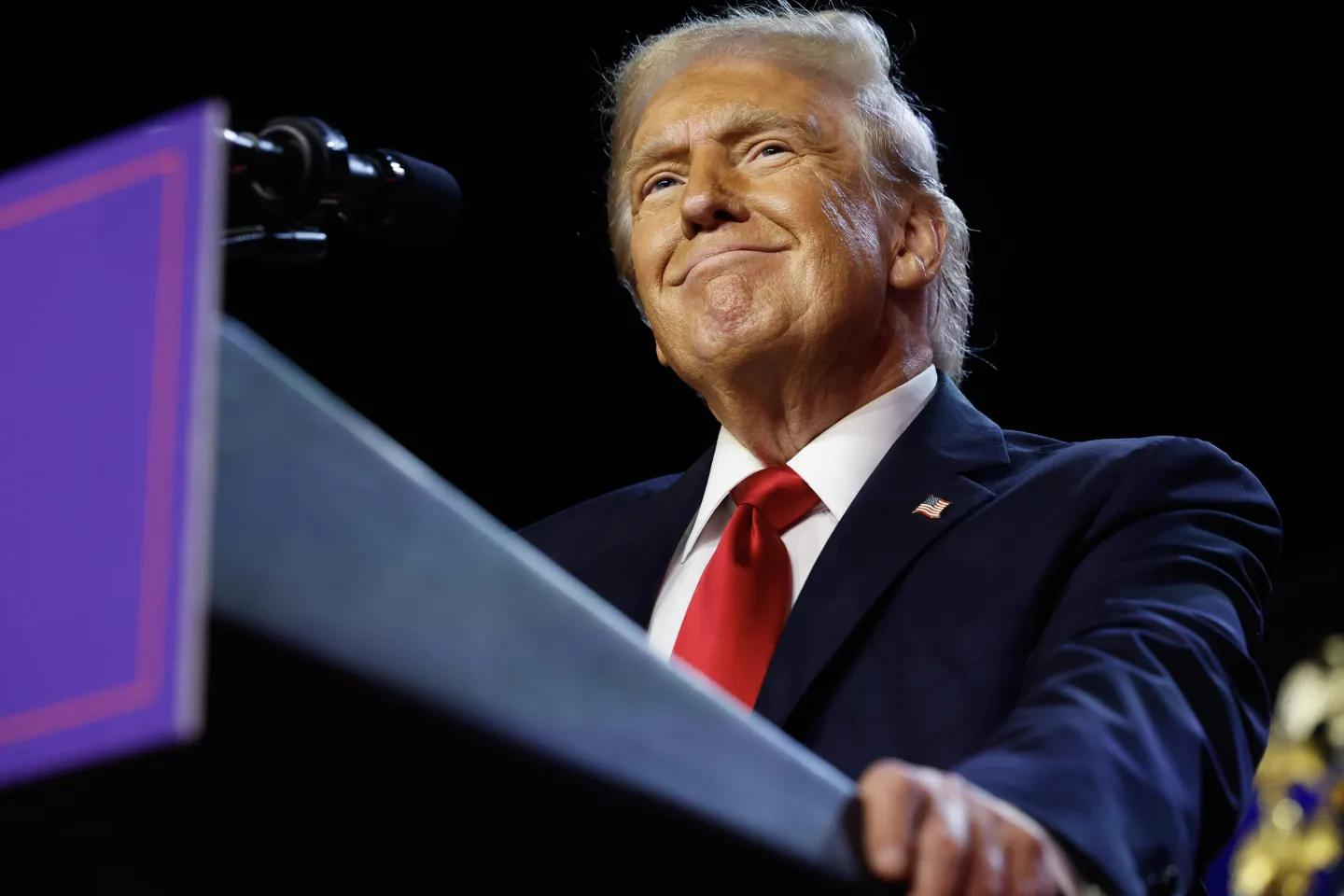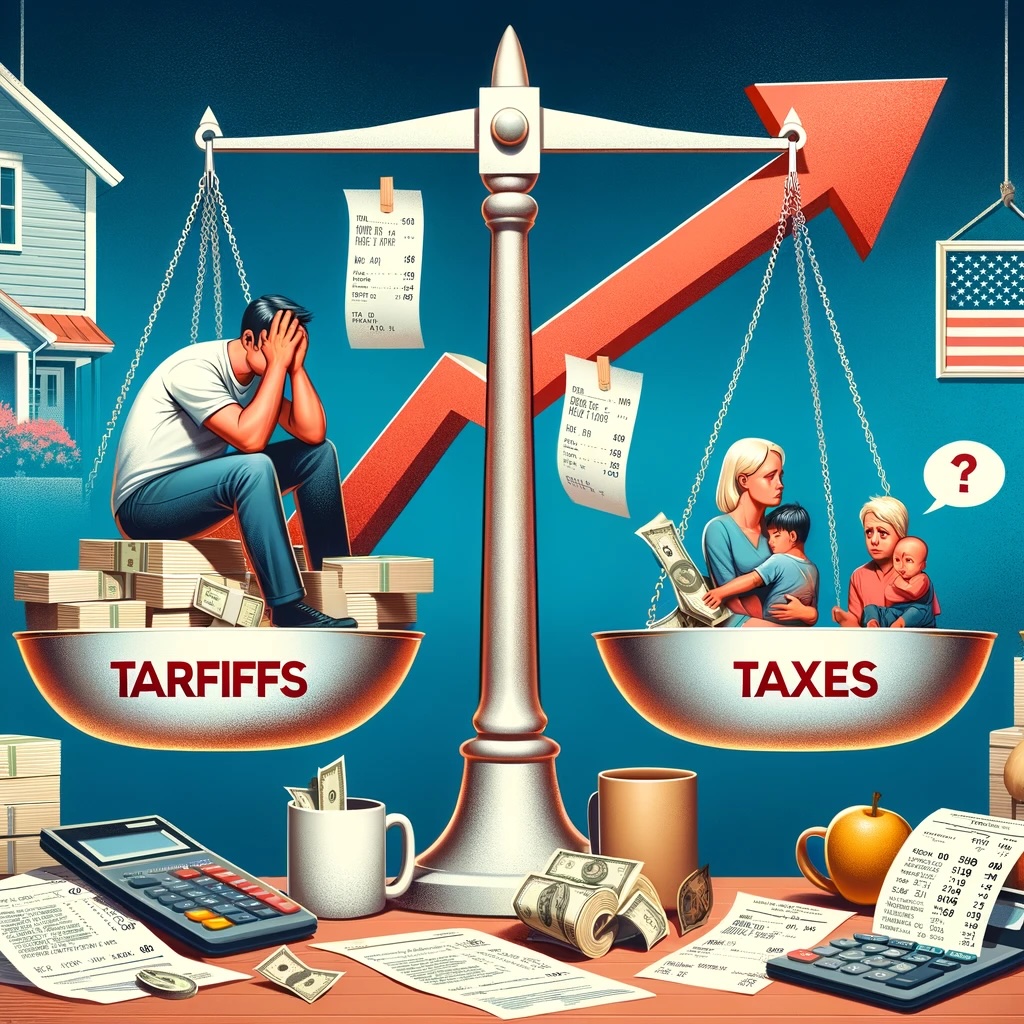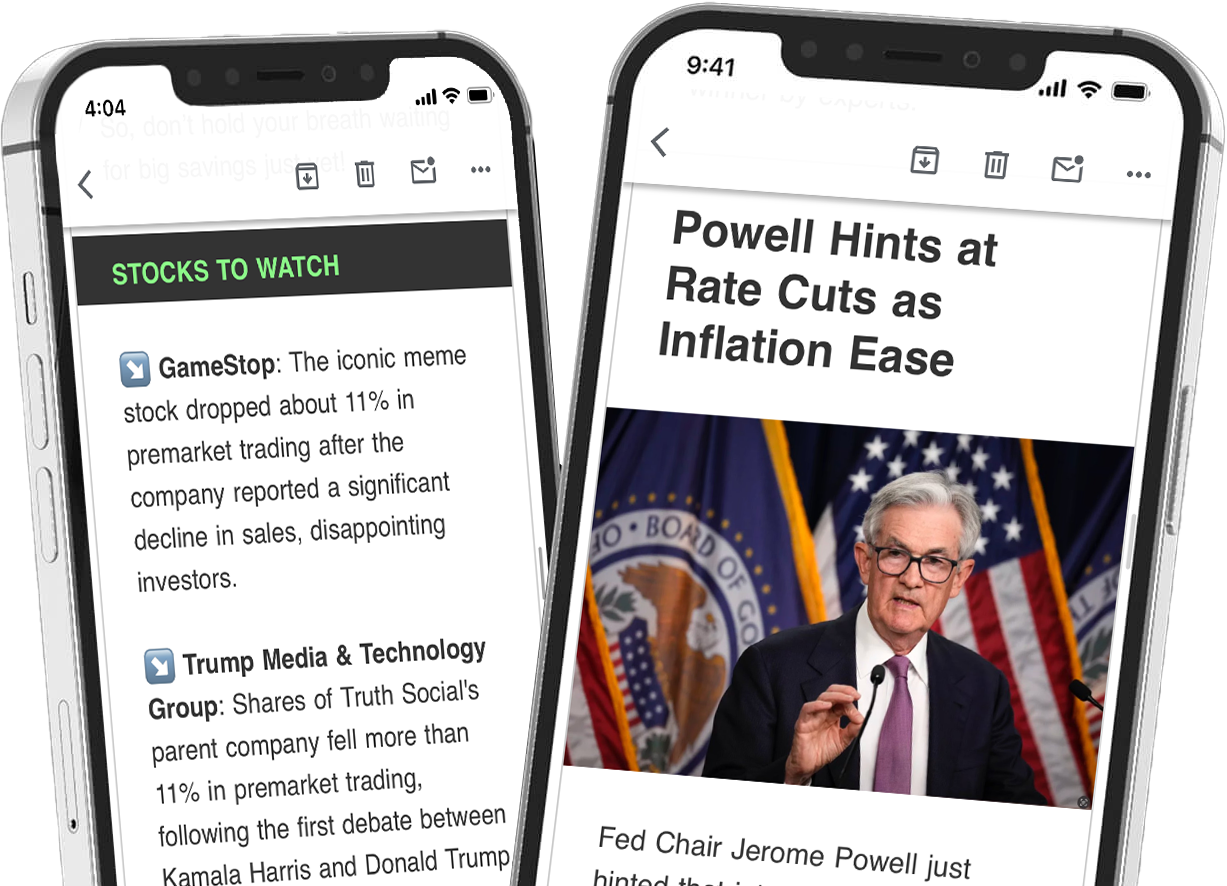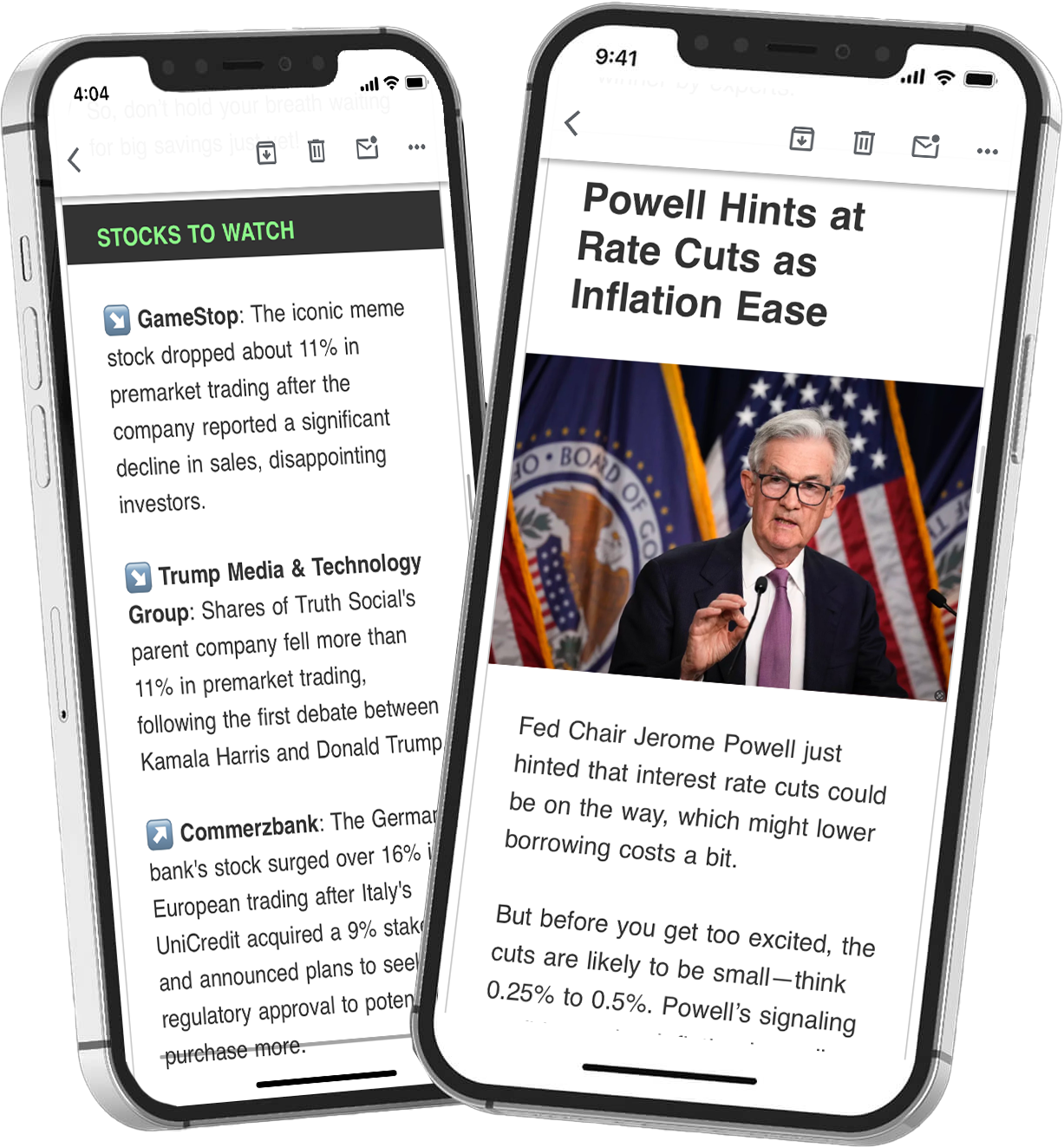A growing number of investors and economists see inflation rising if former President Trump and Republicans sweep the upcoming elections.
As Trump opens a wider lead in polling over President Biden, economic experts say his proposed tax and tariff policies could lead to higher prices, after more than two years of the incumbent fighting inflation.
Trump has proposed replacing the income tax with a 10-percent general tariff on imports, a tax that would be levied on a huge variety of goods and services. Republicans are also eager to extend the expiring provisions of Trump’s signature 2017 tax cuts, which economists say could add more fuel to the inflationary fire.
“With a Trump presidency more likely, an increase in tariffs is more likely. An increase in tariffs translates to a higher cost of doing business, which translates to being somewhat more inflationary,” Axel Merk, president and chief investment officer of Merk Investments, told The Hill.
Inflation is the result of many different economic forces, and there’s no guarantee that any one set of policies would translate to a linear rise in the price of goods and services.
But Trump’s 10-percent tariff is still ringing inflation alarm bells for some investors, who expect it to increase costs to businesses that could then be passed onto consumers.
“Trump is saying that he’d like to increase tariffs 10 percent across the board, and then 60 percent on Chinese imports. Tariffs presumably would increase the price of goods we import, and that potentially would be somewhat inflationary,” Ed Yardeni, president and chief investment strategist with Yardeni Research, told The Hill.
Asked whether higher tariffs and lower domestic taxes would have an inflationary effect on the economy, the Trump campaign said its agenda would bring prices down rather than lift them up.
“When President Trump is back in the White House, he will reimplement his America First, pro-growth, pro-job agenda to bring down inflation and uplift all Americans,” a spokesperson for the campaign told The Hill.
The campaign also said Trump would seek to make the expiring provisions in his 2017 tax cuts permanent, something the Biden administration has opposed.
“President Trump has promised to make his historic tax cuts permanent, in addition to signing more tax cuts for workers and families into law, and ending taxes on tips,” the Trump spokesperson said.
After two years of elevated inflation that has contributed to a cost-of-living crisis for many Americans and spurred a wave of labor organizing across the country, experts warn that consumers are not prepared to handle another episode of rising prices.
“The consumer is not in a position to pay higher prices for anything, with fading retail spending, with fading savings, with increased use of credit cards and increased credit card default rates,” Westwood Capital managing partner Daniel Alpert told The Hill.
Investors placed more bets on higher long-term inflation in the immediate aftermath of the presidential debate in June, in which Trump was widely viewed to have outperformed Biden.
Soon after the debate, 10-year Treasury yields spiked relative to the two-year, which experts consider a sign of the market expecting higher inflation in the future.
“On Monday after the debate, we did see the 10-year bond yield rise by around 20 basis points. That I think was a knee-jerk reaction of the bond market, if Trump was more likely to win a second term in the White House,” Yardeni said.
Economists with Moody’s Analytics also forecast higher inflation under a scenario in which Trump wins the White House and Republicans take control of both chambers in Congress.
“Broadly, the policies adopted under the Republican sweep scenario result in higher inflation and weaker economic growth,” economists Mark Zandi, Brendan La Cerda and Justin Begley wrote in a June analysis.
“The proposed tariff policy raises costs for businesses and in turn weighs on growth and productivity, and lifts inflation as businesses pass many of their higher costs to consumers,” they wrote.
Beyond its inflationary effects, Trump’s tariff proposal has been met with skepticism, as well outright scorn, by much of the Washington policy establishment solely on the basis of revenue generation.
The libertarian Cato Institute called the plan “dangerously foolish” and said it suffers from “unicorn math all the way down,” noting essentially that the U.S. doesn’t take in enough imports to cover spending with tariffs.
On a practical level, the tariffs would also likely lead to retaliatory measures by foreign governments that could have negative consequences on the economy, Erica York of the the Tax Foundation, a Washington think tank, highlighted in a recent brief.
There’s also the possibility that the tariffs, which are a measure essentially designed to protect domestic industries such as manufacturing, could backfire and end up harming the businesses they’re meant to safeguard as a result of increased overhead costs.
In a 2019 study, Federal Reserve economists Aaron Flaaen and Justin Pierce found that tariffs enacted by Trump in his first term actually resulted in lost manufacturing jobs.
“For manufacturing employment, a small boost from the import protection effect of tariffs is more than offset by larger drags from the effects of rising input costs and retaliatory tariffs,” they wrote in a 2019 research paper.
Even so, inflation stayed low during the previous round of Trump tariffs, despite Fed researchers describing them as unprecedented, which the Trump campaign was quick to point out.
“By cutting regulations and taxes and using the leverage of the United States to negotiate better trade deals around the world, President Trump built the strongest economy in American history and inflation was virtually non-existent,” the campaign said in response to The Hill.
Several recent Supreme Court rulings that limited the power of federal agencies could also affect price levels if businesses are no longer forced to comply with certain regulations.
Investors told The Hill that it’s still too early for markets to start pricing in changes related to the current import tax proposals.
“If they’re going to occur, then markets aren’t taking them seriously enough,” Yardeni said. “Or else markets [and] industries have concluded that it’s premature to change their portfolios based on what might or might not happen.”
Republicans are preparing to fast-track their tax cuts through the budget reconciliation process but face some internal disagreements. Some want to drop the corporate rate below its current level of 21 percent, while others are aiming for a straight extension of the expiring provisions.
The Congressional Budget Office estimates that extending the Trump tax cuts could add as much as $4.6 trillion to the deficit, which reached a new plateau around 120 percent of gross domestic product as a result of pandemic-related rescue measures.
In June, the International Monetary Fund warned that the U.S. needed to cut its deficits over the next decade, in part to make sure that investors do not start losing interest in U.S. treasuries.

